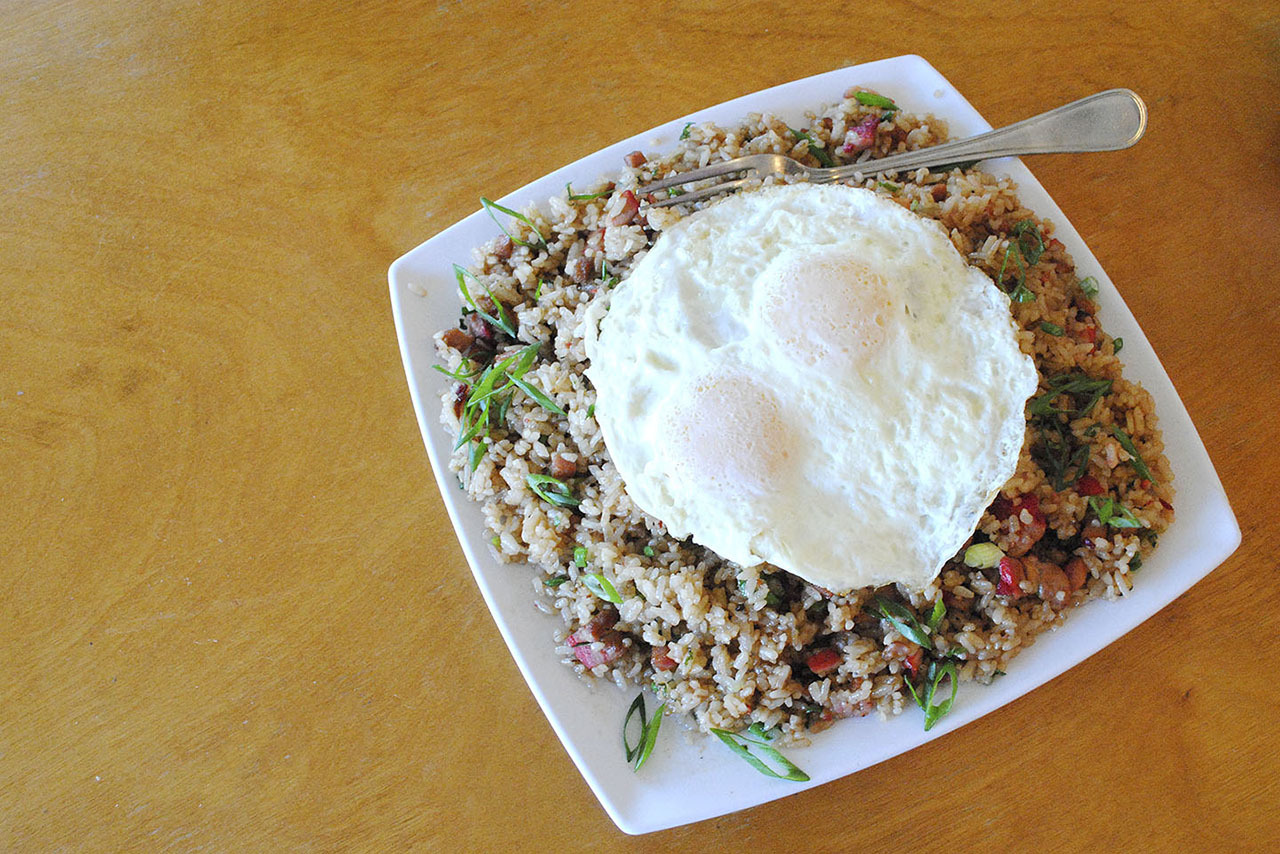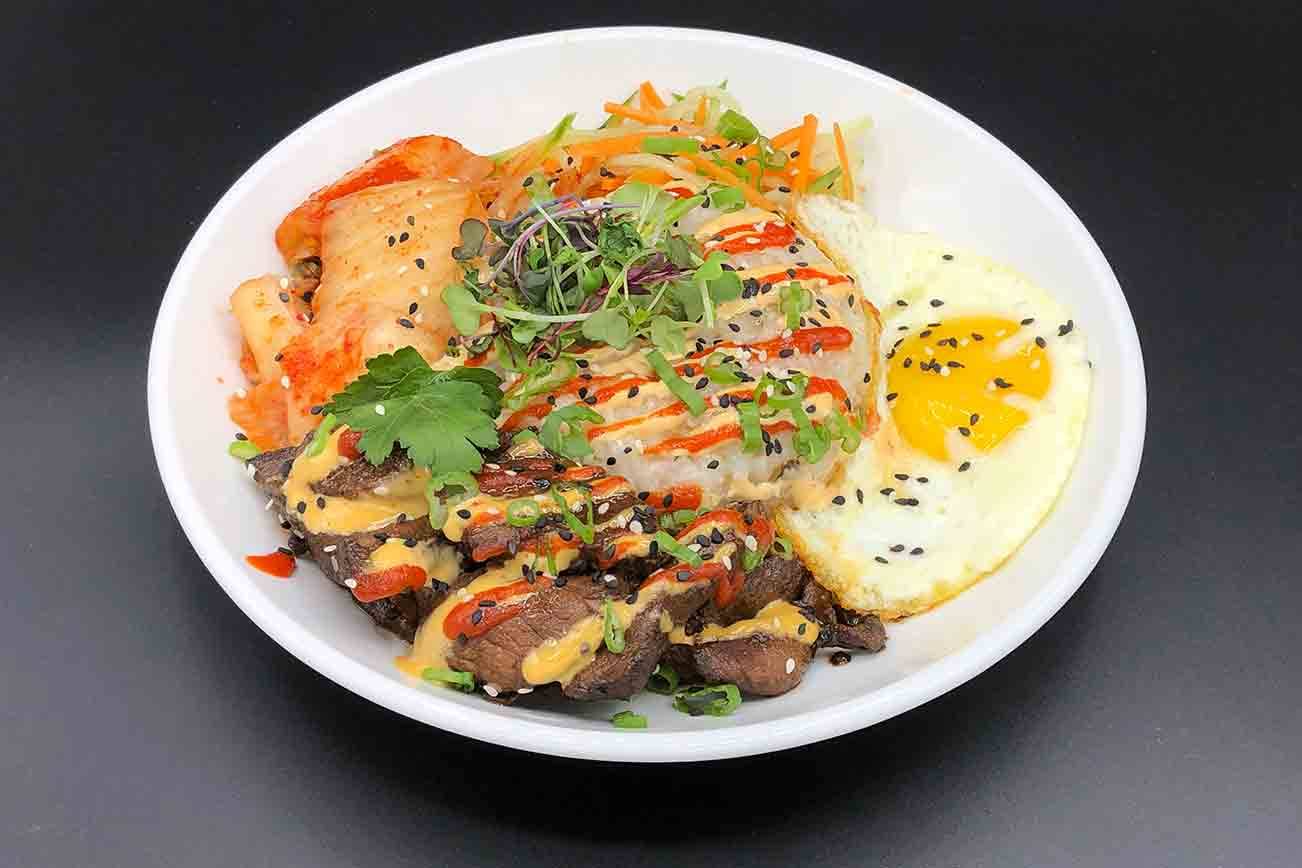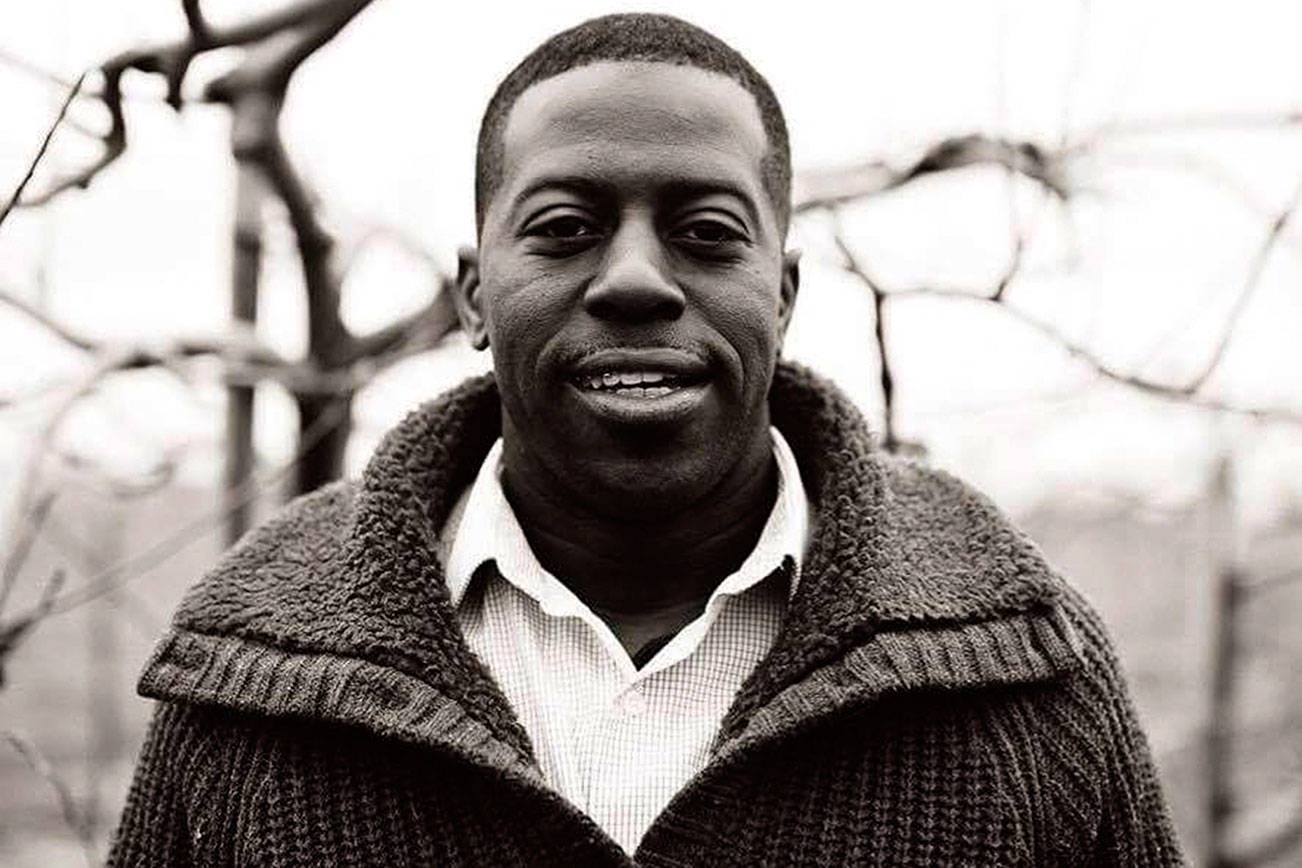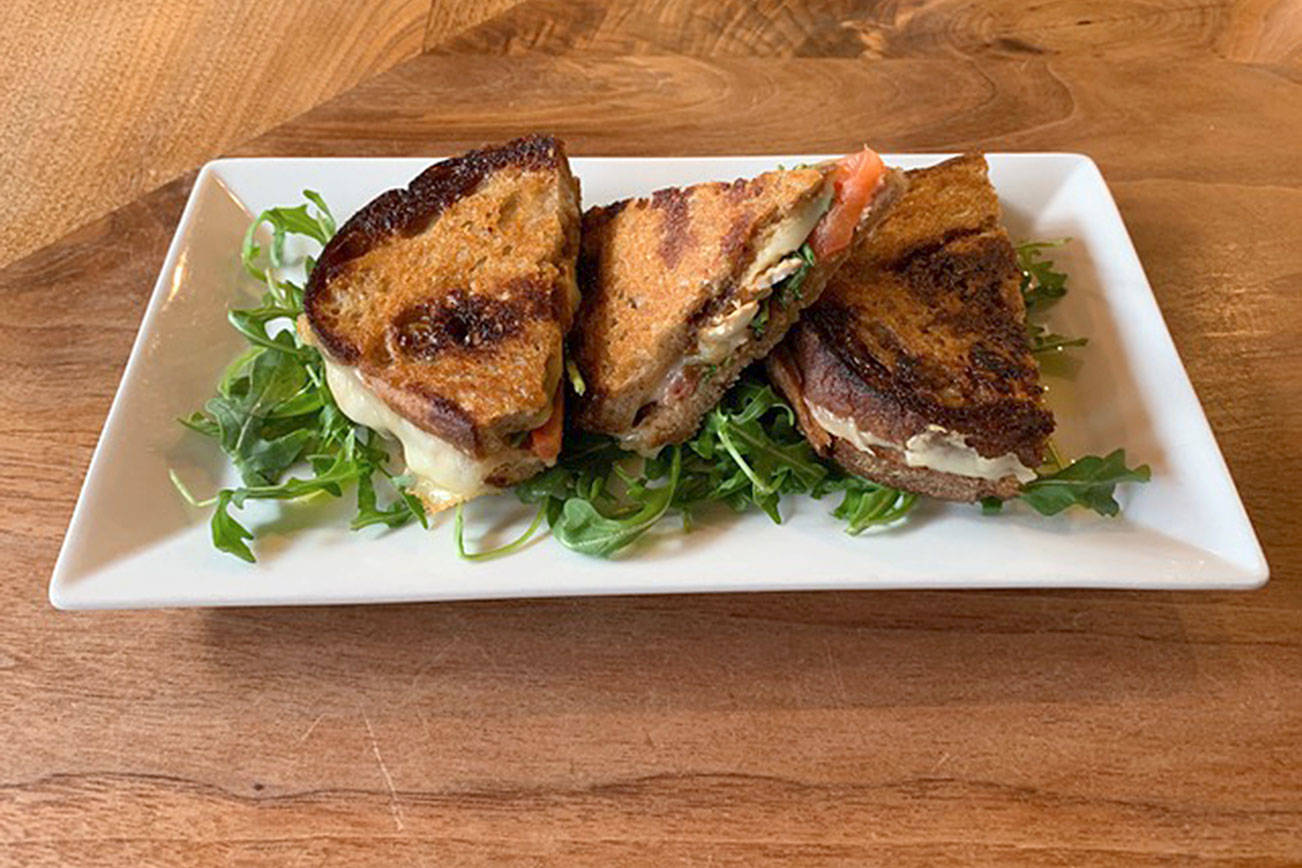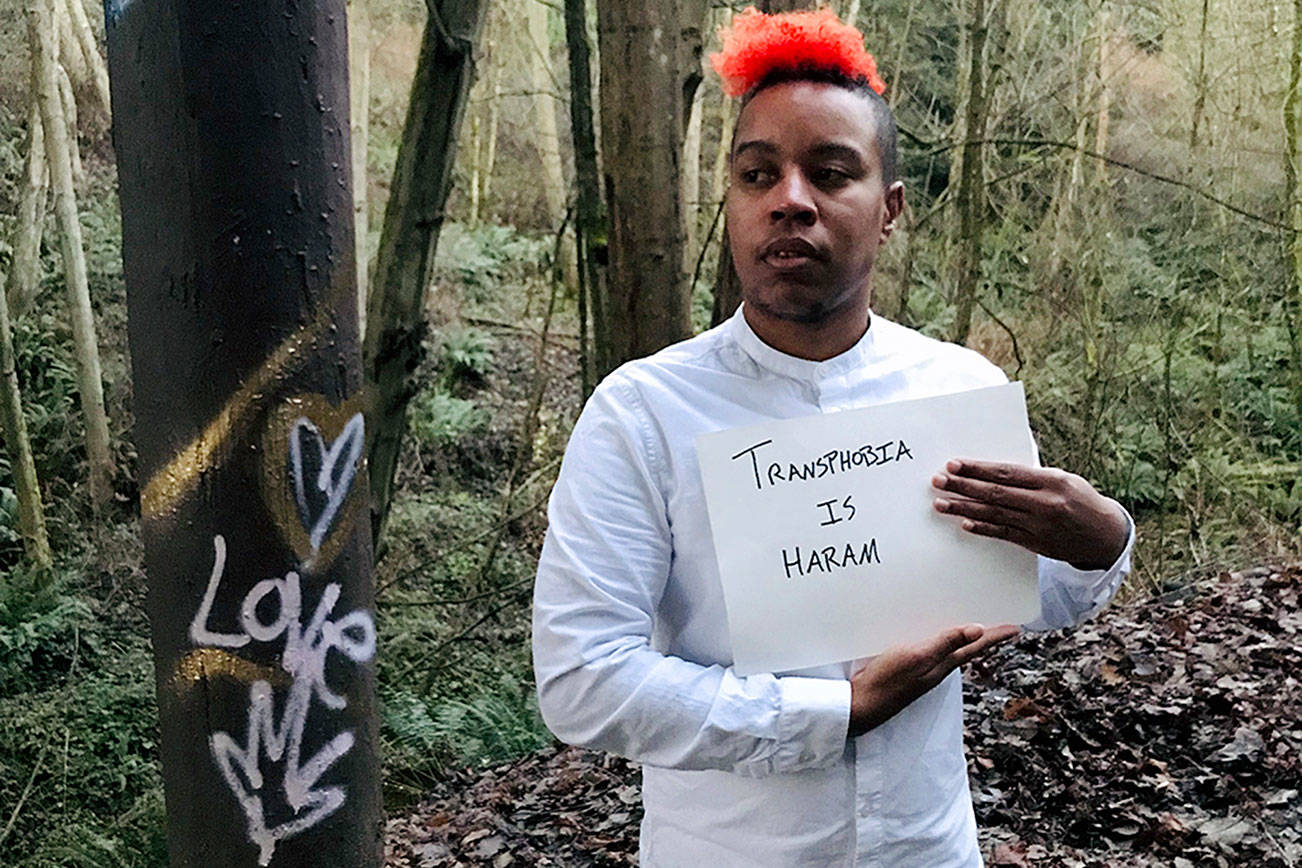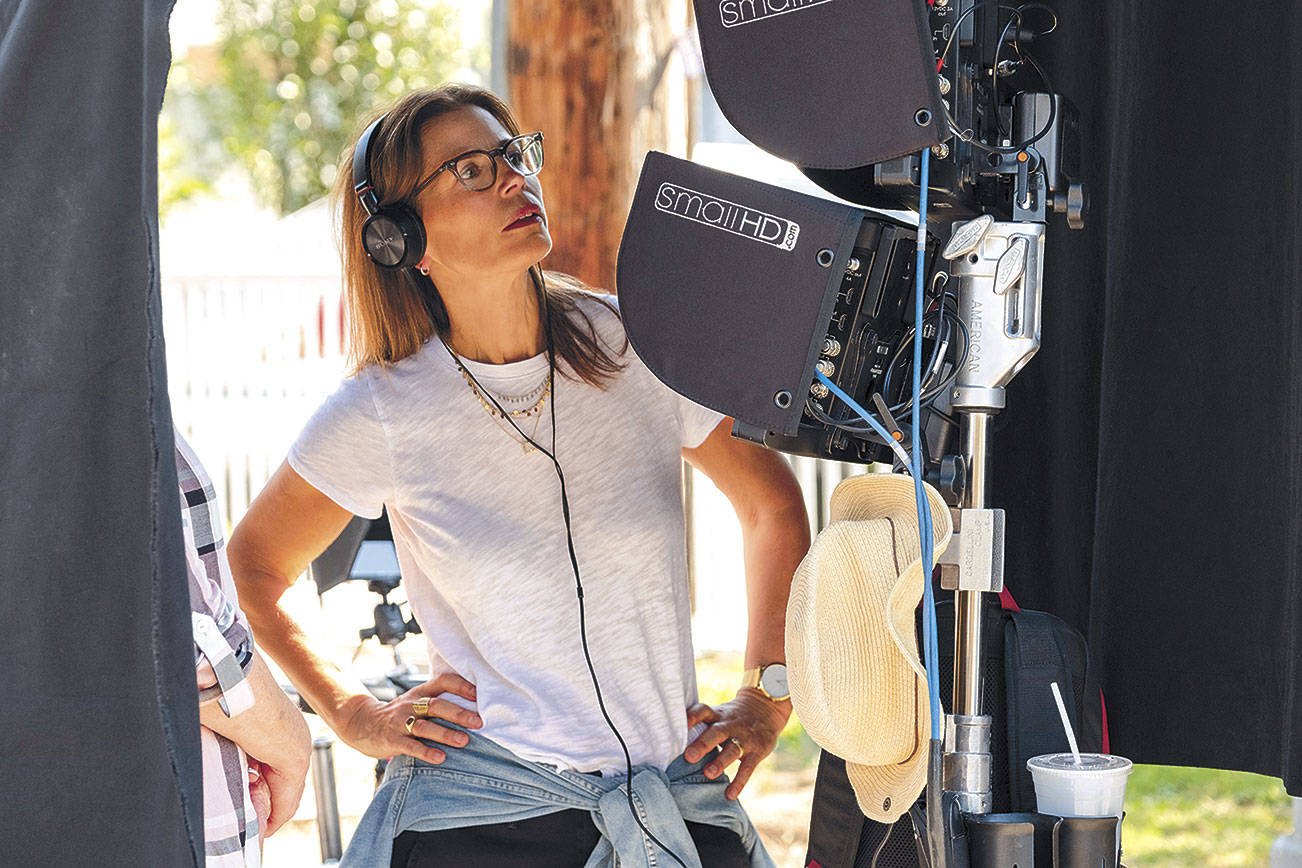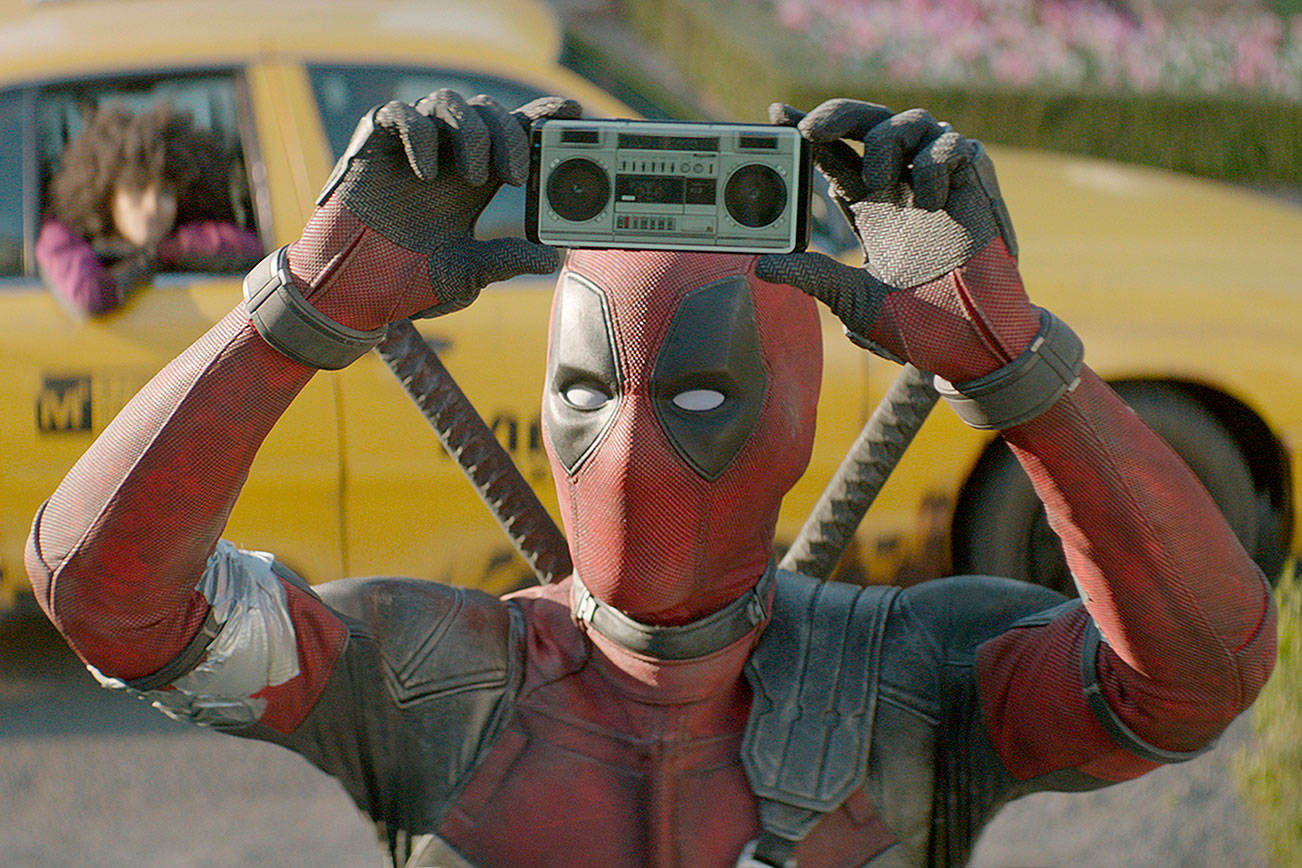For Angela Okumoto, co-owner of Maple Leaf’s Hawaiian-inspired Kona Kitchen, America itself “is a world-wide melting pot.” But Hawaiian cuisine, she says, is a melting pot of “many” Asian styles. So on her menu, you’ll notice Japanese-style ramen, Chinese-style wonton soup, and island-style loco moco, or fried rice topped with a hamburger patty, egg, and brown gravy.
“In Hawaii, you’re not combining flavors like in fusion cooking,” she says, “but you’re combining foods from different cultures. You have some items that were created in Hawaii, like spam musubi, but a lot of local Hawaiian food is just Asian favorites.”
Seattle, one may be surprised to find out, is home to more than a dozen Hawaiian restaurants—places like Ma‘ono in West Seattle, Kauai Family Kitchen in Georgetown, or Hawaii BBQ Restaurant in the U District. It is one of the few cities in the country where diners can feel like they’re eating on Oahu without ever leaving their neighborhood. But why are these magical restaurants so prevalent?
The Census Bureau estimates that 46,000 native Hawaiians or Pacific Islanders live in Washington state, many in Seattle.
One of them is Kamala Saxton, co-owner of Seattle’s Marination, a restaurant that started with a humble food truck in 2009 but has now grown into a brick-and-mortar fleet.
“I was up late one night,” says Saxton, whose father is Hawaiian and mother Korean, “and I saw Ted Koppel talking about a Korean taco truck in L.A., and I thought, ‘This is so fascinating!’ ” Two weeks later she went to L.A. to try the truck’s fare; four months after that she had a custom-made truck of her own open for business on the streets of Seattle.
“I’m proud to say we have the same menu today as we did back then,” Saxton says. Her menu includes four different kinds of tacos, two versions of sliders (including one with spam, a Hawaiian tradition), a quesadilla, and kimchi fried rice.
Saxton says she had faith that Seattle could support her Hawaiian-inspired business. “Would I open Marination in Boston? Probably not,” she laughs. “But I felt like Seattle had as good a fighting chance as anybody on the West Coast. If you live on the West Coast, chances are you’ve been to Hawaii and you’ve had a great experience.”
There was precedent as well. Hawaii-born Randi Buza opened Kauai Family Kitchen with her father in 1993, and has built a reputation on shredded pork with cabbage cooked luau-style. “We’ve been going strong here for 24 years,” she says, confidently. “I think Seattle likes what we do.”
Kona Kitchen came along a little later, after Angela Okumoto and husband Yuji moved to Seattle from California, where he was working in the film industry. Yuji is best known for playing the baddie in The Karate Kid, Part II, but he had trouble finding work. “When we moved up here, there wasn’t as much acting or production work,” Angela says, “so Yuji wanted to do something creative. He wanted to open a restaurant.”
But serving food from Hawaii, the country where Yuji grew up, wasn’t enough. The couple wanted to create a “home away from home,” Angela says, for former residents of the tropical island state, where so much of the culture is based around eating. “A lot of people come to [Kona Kitchen] because it’s comfortable and it’s a place where they can hang out. And we do serve good comfort food, too.”
food@seattleweekly.com
